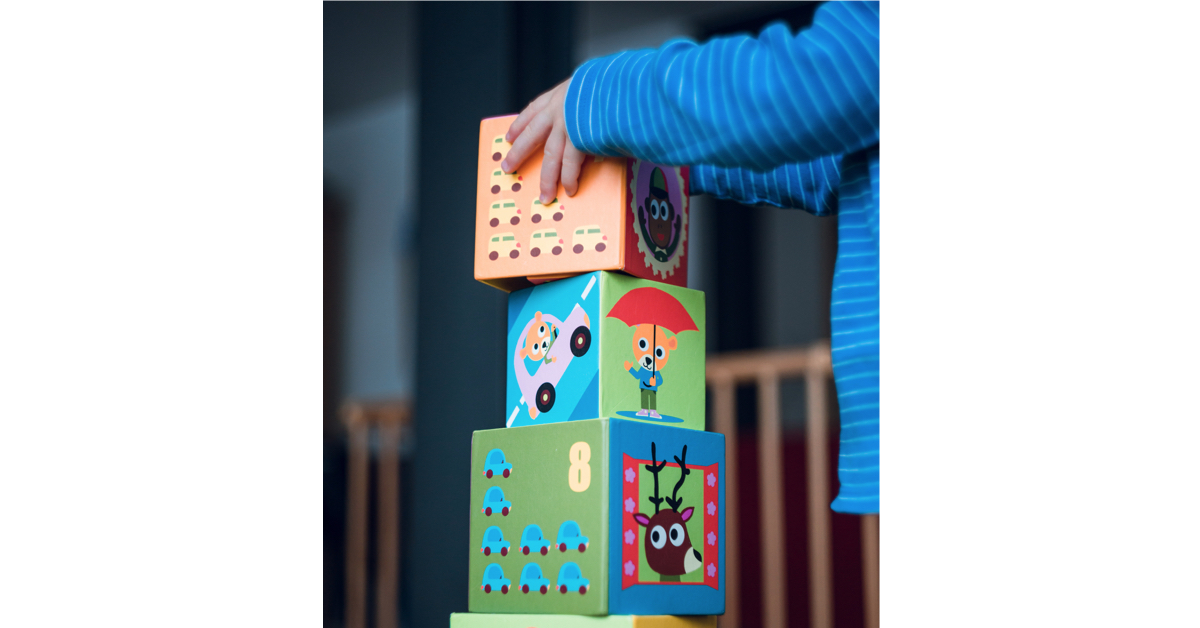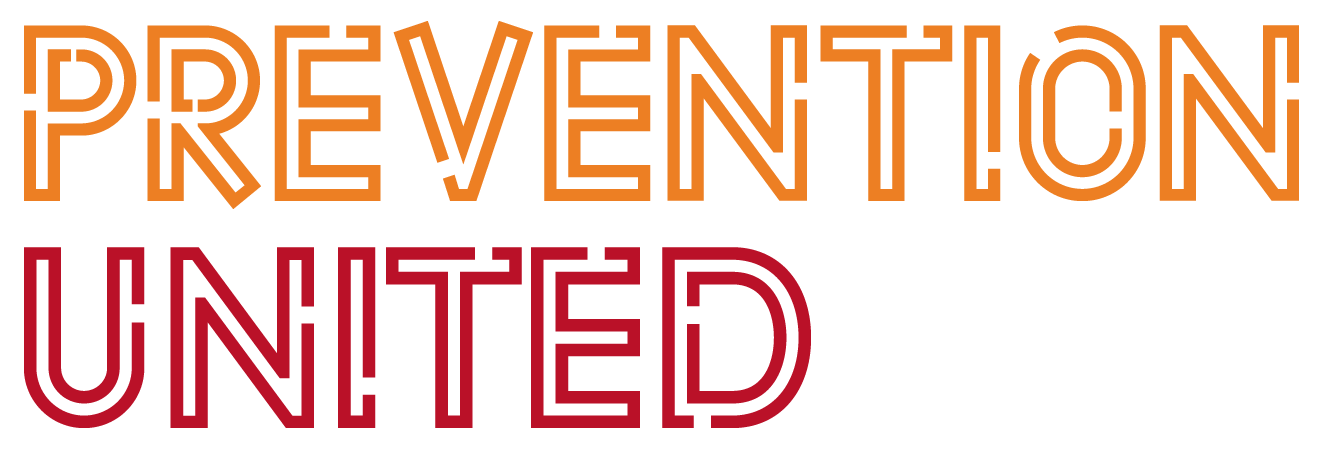The places we learn when we’re growing up have a significant influence on our mental wellbeing. That’s because our experiences during infancy, childhood and adolescence have profound and often enduring effects on our cognitive and psychosocial development.
Early learning services and schools are a key part of kids’ mental and emotional development. They’re where we start building on our social and emotional resilience skills, and where we begin to interact with more people outside our family. We’re also exposed to different attitudes, beliefs and behaviours that shape our views and actions. School is also the place where we learn about the world around us including the languages, social practices and social norms of our communities – including negative social norms.

What educators can do
Because what happens during infancy, childhood and adolescence can have a significant impact on our life, it’s important that these environments are conducive to mental wellbeing.
Research suggests that mental health programs in education settings can produce significant benefits for children and young people. This research suggests that certain key ingredients contribute to creating mentally healthy education environments.
1. Conscious and deliberate focus
Mentally healthy education environments don’t happen by chance – they need to be intentionally created and prioritised. Mental wellbeing is important in its own right but it also contributes to better learning, creativity and productivity, and to more positive behaviour and relationships. A focus on promoting mental wellbeing can therefore also lead to better learning and less challenging behaviours – a win-win for everyone.
2. Developing skills
Social and emotional skills are no different to any others. We’re more likely to pick them up if we’re taught in a structured, dedicated way, with opportunities to practice. Classroom based programs are vital.
Selecting the right curriculum-based wellbeing or prevention program can be difficult, because there are many to choose from, and they target slightly different skills, age groups and outcomes.
Some have been designed to promote mental wellbeing, and others to prevent particular conditions like conduct disorder, depression, anxiety or substance misuse. While there is considerable cross-over, there are also differences – and it’s important for educators to understand the strengths and limitations of the programs available. At the end of the day every Australian school should be implementing an evidence based social and emotional learning program or mental health promotion and prevention program.
3. Holistic approach
It’s not enough to simply implement a good classroom program. Real success requires the combination of an overarching school ethos, positive pedagogy and policies, and leaders, teachers and other staff who model these ideals.
Achieving this type of systematic change requires:
- a plan for action
- a leadership team, preferably consisting of leaders, educators, parents and children and young people
- dedicated time and resources to support action
- professional development for all educators and other key personnel in the whole-of-school framework and in specific social and emotional learning program/s
- tools and resources for educators to use within their services and classrooms
- policies and procedures, particularly those targeted to reducing gender inequality, bullying, homophobia, transphobia, racism and discrimination
- a process to monitor and evaluate what’s working and what’s not, to guide decisions about how to keep improving.
Many of these elements are available in the Australian Government’s National Education Initiative, known as Be You. This initiative includes an overarching framework, professional development, a programs guide and other resources for early learning services and schools.
These resources have been developed by Beyond Blue in partnership with Early Childhood Australia and headspace the National Youth Mental Health Foundation.



